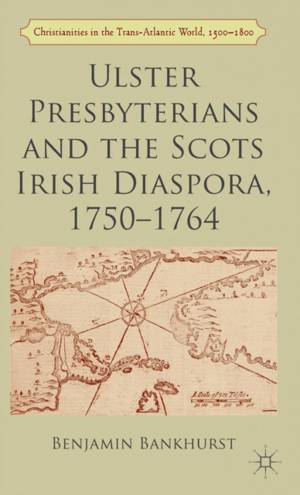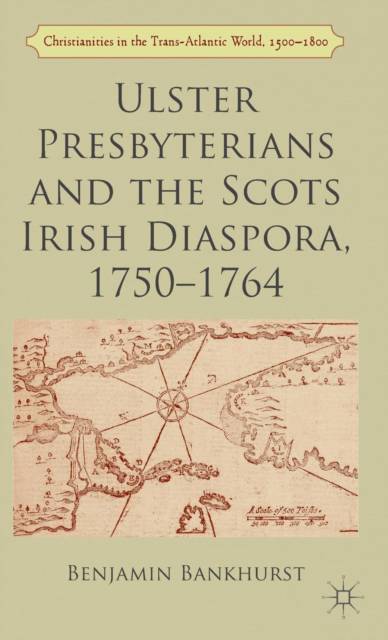
- Retrait gratuit dans votre magasin Club
- 7.000.000 titres dans notre catalogue
- Payer en toute sécurité
- Toujours un magasin près de chez vous
- Retrait gratuit dans votre magasin Club
- 7.000.0000 titres dans notre catalogue
- Payer en toute sécurité
- Toujours un magasin près de chez vous
Ulster Presbyterians and the Scots Irish Diaspora, 1750-1764
B Bankhurst
122,45 €
+ 244 points
Format
Description
Bankhurst examines how news regarding the violent struggle to control the borderlands of British North America between 1740 and 1760 resonated among communities in Ireland with familial links to the colonies. This work considers how intense Irish press coverage and American fundraising drives in Ireland produced empathy among Ulster Presbyterians.
Spécifications
Parties prenantes
- Auteur(s) :
- Editeur:
Contenu
- Nombre de pages :
- 202
- Langue:
- Anglais
- Collection :
Caractéristiques
- EAN:
- 9781137328199
- Date de parution :
- 25-11-13
- Format:
- Livre relié
- Format numérique:
- Genaaid
- Dimensions :
- 142 mm x 218 mm
- Poids :
- 408 g

Les avis
Nous publions uniquement les avis qui respectent les conditions requises. Consultez nos conditions pour les avis.






